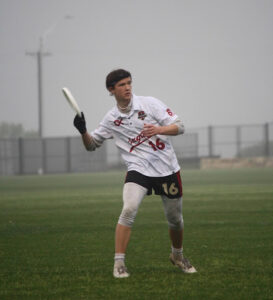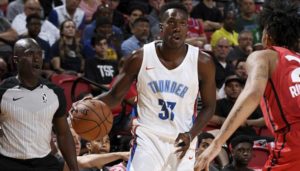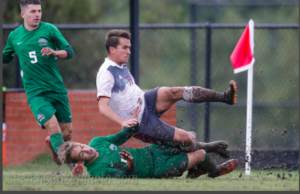
What began as a threat — from a football team to sit the rest of the season if its university president didn’t resign — has spawned complex questions of First Amendment rights and hostile racial environments as college students across the nation join on campus protests.
Last week, players and coaches of the University of Missouri football team released a statement that said they would not participate in the remainder of the season until President Tim Wolfe resigned. Students and players said they were unsatisfied with how Wolfe and his administration had handled several incidents involving racial insensitivity.
On Monday, Wolfe announced his immediate resignation, and another high-ranking university official stated he would be leaving at the end of the year.
The apparent success of the Mizzou student protests garnered not only national media attention, but college students across the nation took note of the power these walkouts and boycotts potentially wield.
At Yale, students and faculty protested before and after Wolfe’s step-down following the university’s own troubles with racial issues in previous weeks, including a fraternity denying entrance of a black female to a party because of her race and a controversy surrounding “racially insensitive” Halloween costumes.
Almost one thousand students at Ithaca College in New York participated in a “Solidarity Walk-Out” on Wednesday to protest against Ithaca College President Tom Rochon, Reuters reported . Rochon announced in a statement on Tuesday the university would create a new position of chief diversity officer to “improve our campus’s racial climate and build a culture that lives up to its values of civility, mutual respect and justice.”
These protests have not only generated friction between activists and administrations, but between students as well. During the Mizzou protests, participating students and faculty established a media-free “safe space” in a public campus area and attempted to prevent professional and student journalists from entering.
Tim Tai, a student at Mizzou, received a freelance contract from ESPN to document the protests for coverage, but was harassed and physically pressured to leave the protesters’ claimed space. The incident raised questions of the relationship between First Amendment freedom of the press and protesters’ use of “safe space.”
Demonstrations continue to sprout up at universities and colleges across the nation as media coverage grows and students learn of the apparent successes of other protests — causing a domino effect that may eventually influence hundreds of institutions of higher learning and thousands of students.


















Be First to Comment